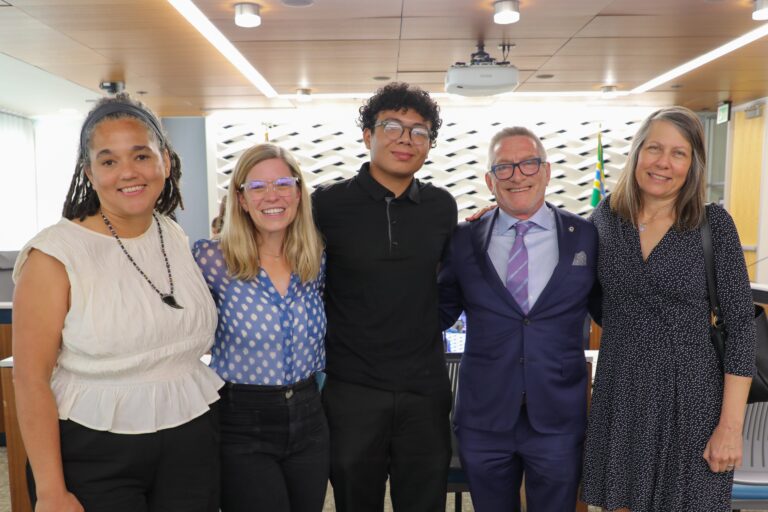Voters Renew Portland Children’s Levy
Voters approved a five-year renewal of the Portland Children’s Levy, according to partial returns as of May 17.
The renewal extends the end date of Levy funding through June 30, 2029. The approval also secures funding for the second year of two-year renewals for current large grants, which are scheduled to run through June 30, 2025. The City Council is scheduled to formally consider the two-year renewals for large grant recipients May 24.
“The Portland Children’s Levy has delivered on its promises to voters for more than two decades, and we’re excited to continue the important work of supporting future generations,” said Commissioner Dan Ryan, who chairs the Allocation Committee, the oversight body of the Children’s Levy. “I’ve seen firsthand the enormous impact the Levy’s programs make in the lives of youth and families by supporting basic needs and helping children grow academically, emotionally and socially.”
The Children’s Levy invests $23 million annually in grants for community-based programs that support children, youth and their families so children arrive at school ready to learn, succeed inside and outside of school, and that eliminate racial and ethnic disparities in children’s outcomes.
The levy supports about 90 programs serving approximately 10,000 children and youth annually in early childhood, child abuse prevention and intervention, foster care, hunger relief, and after school and mentoring programs.
The renewal does not raise taxes and maintains the current rate of $0.4026 per $1,000 in assessed value.
Voters first approved the local-option levy in 2002 and renewed it three times in 2008, 2013 and 2018.
At least 95% of funding goes directly to grants. Funded programs must be cost-effective and have a proven record of success. Grants are awarded through a competitive process shaped in part by community engagement. Investments are overseen by the Allocation Committee, and the Levy is subject to annual audits.
Approximately 75-80% of children served identify as Black, Indigenous or children of color, about 35-45% live or go to school in East Portland, approximately 40% live in homes where the primary language spoken is not English, and more than 90% live in families with low incomes.

